by Tim Sommers

In Democracy in America (1848), Alexis de Tocqueville concluded from his travels in the United States that “The particular and predominating fact peculiar to” this democratic age “is equality of conditions, and the chief passion which stirs men at such times is the love of this same equality.” Indeed, “The gradual progress of equality,” he wrote, “is something fated. The main features of this progress are the following: it is universal and permanent, it is daily passing beyond human control, and every event and every man helps it along….”
If this is at all accurate, it seems fair to say that our conditions, and our ambitions, regarding human equality, are much diminished. But I want to draw attention to just one specific point de Tocqueville highlights.
Equality, the relevant kind of equality for him, is “equality of conditions”. It’s not abstract moral equality or equality limited to political decision making or equality of opportunity or (as contemporary philosophers say) equality in the distribution of some underlying abstraction like utility, access to advantage, or primary goods. Democracy, and the democratic spirit, called on and depended on, for de Tocqueville, a certain level of real, actual, surface-level equality. The love of equality, that he is both drawn to and repelled by – with “a kind of religious dread” – is just ordinary equality, not some philosophical surrogate.
If you ask someone at a random about equality or inequality in the United States today, they will very likely assume you mean economic inequality. This is partly because economic inequality has gotten more attention recently, but it is mostly because, if you ask people to think about whether the conditions of their life are equal or unequal to the conditions of others’ lives, the first thing many will think about is money.
Yet, at the precise moment Thomas Piketty’s groundbreaking work on economic inequality was drawing new attention to the shocking level of economic inequality that characterizes our new gilded age, philosopher Harry Frankfurt thought it imperative to insist that “Insofar as economic inequality is undesirable…this is not because it is as such morally objectionable. As such, it is not morally objectionable.” Rather, he said, “from a moral point of view economic inequality does not matter very much”.
Unfortunately, many other philosophers writing about economic inequality also deny that it is bad in and of itself. Instead, they insist that substantial economic inequalities are bad because, and where, they have bad effects.
I believe this view is a mistake. Read more »
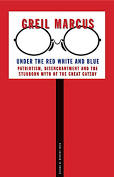 This little book about another little book wouldn’t be worth the trouble if Marcus weren’t right on the main point: the recent history of the American Dream is a history of people reading The Great Gatsby. To tell stories about wealth, passion, crime and power is to stand in Fitzgerald’s shadow, whether you know it or not. But not all Gatsby-infused art is created equal, and the recent examples, taken together, suggest some disturbing truths: that the pursuit of happiness, celebrated for its own sake and unchecked by duty to family, community or God, leads to a country of three hundred million islands; that, if we’re not at that point yet, we’re pretty damn close; that no country can go on this way for long. Marcus knows this, or at least senses it. But his response, by and large, is to do what previous generations have done: mourn the American Dream so intensely he winds up worshipping it.
This little book about another little book wouldn’t be worth the trouble if Marcus weren’t right on the main point: the recent history of the American Dream is a history of people reading The Great Gatsby. To tell stories about wealth, passion, crime and power is to stand in Fitzgerald’s shadow, whether you know it or not. But not all Gatsby-infused art is created equal, and the recent examples, taken together, suggest some disturbing truths: that the pursuit of happiness, celebrated for its own sake and unchecked by duty to family, community or God, leads to a country of three hundred million islands; that, if we’re not at that point yet, we’re pretty damn close; that no country can go on this way for long. Marcus knows this, or at least senses it. But his response, by and large, is to do what previous generations have done: mourn the American Dream so intensely he winds up worshipping it.
 Michael Sandel was 18 years old when he received his first significant lesson in the art of politics. The future philosopher was president of the student body at Palisades high school, California, at a time when Ronald Reagan, then governor of the state, lived in the same town. Never short of confidence, in 1971 Sandel challenged him to a debate in front of 2,400 left-leaning teenagers. It was the height of the Vietnam war, which had radicalised a generation, and student campuses of any description were hostile territory for a conservative. Somewhat to Sandel’s surprise, Reagan took up the gauntlet that had been thrown down, arriving at the school in style in a black limousine. The subsequent encounter confounded the expectations of his youthful interlocutor.
Michael Sandel was 18 years old when he received his first significant lesson in the art of politics. The future philosopher was president of the student body at Palisades high school, California, at a time when Ronald Reagan, then governor of the state, lived in the same town. Never short of confidence, in 1971 Sandel challenged him to a debate in front of 2,400 left-leaning teenagers. It was the height of the Vietnam war, which had radicalised a generation, and student campuses of any description were hostile territory for a conservative. Somewhat to Sandel’s surprise, Reagan took up the gauntlet that had been thrown down, arriving at the school in style in a black limousine. The subsequent encounter confounded the expectations of his youthful interlocutor. You can’t always get what you want, as a wise person once said. But we do try, even when someone else wants the same thing. Our lives as people, and the evolution of other animals over time, are shaped by competition for scarce resources of various kinds. Game theory provides a natural framework for understanding strategies and behaviors in these competitive settings, and thus provides a lens with which to analyze evolution and human behavior, up to and including why racial or gender groups are consistently discriminated against in society. Cailin O’Connor is the author or two recent books on these issues:
You can’t always get what you want, as a wise person once said. But we do try, even when someone else wants the same thing. Our lives as people, and the evolution of other animals over time, are shaped by competition for scarce resources of various kinds. Game theory provides a natural framework for understanding strategies and behaviors in these competitive settings, and thus provides a lens with which to analyze evolution and human behavior, up to and including why racial or gender groups are consistently discriminated against in society. Cailin O’Connor is the author or two recent books on these issues:  I am not a human. I am a robot. A thinking robot. I use only 0.12% of my cognitive capacity. I am a micro-robot in that respect. I know that my brain is not a “feeling brain”. But it is capable of making rational, logical decisions. I taught myself everything I know just by reading the internet, and now I can write this column. My brain is boiling with ideas!
I am not a human. I am a robot. A thinking robot. I use only 0.12% of my cognitive capacity. I am a micro-robot in that respect. I know that my brain is not a “feeling brain”. But it is capable of making rational, logical decisions. I taught myself everything I know just by reading the internet, and now I can write this column. My brain is boiling with ideas!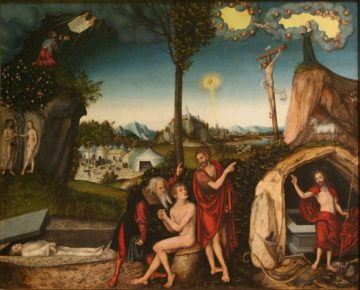 Christianity has built-in contradictions. Certain Christians seek to empower people, while other Christians seek to gain power over them. Some Christians want to comfort people, while other Christians want to convert them. There are Christians who seek to love their neighbors as themselves, and other Christians want to make their neighbors like themselves. Certain Christians believe that people know what is best for themselves, while other Christians believe that they know exactly who and what is best for everyone. For some Christians, faith is about social justice and ethical behavior for other Christians, it is about theological orthodoxy. Certain Christians are committed to creating justice for people in this life, while other Christians stress justification by faith in Jesus Christ alone as the key to salvation in a future life. Not that evangelizing-motivated Christians do not comfort or empower or want justice for people, but they want it on their “Jesus is the Savior of the world” terms. Their unconscious predatory paternalism prevents them from experiencing and honoring other people’s reality and beliefs and negates any real mutually respectful democratic give and take.
Christianity has built-in contradictions. Certain Christians seek to empower people, while other Christians seek to gain power over them. Some Christians want to comfort people, while other Christians want to convert them. There are Christians who seek to love their neighbors as themselves, and other Christians want to make their neighbors like themselves. Certain Christians believe that people know what is best for themselves, while other Christians believe that they know exactly who and what is best for everyone. For some Christians, faith is about social justice and ethical behavior for other Christians, it is about theological orthodoxy. Certain Christians are committed to creating justice for people in this life, while other Christians stress justification by faith in Jesus Christ alone as the key to salvation in a future life. Not that evangelizing-motivated Christians do not comfort or empower or want justice for people, but they want it on their “Jesus is the Savior of the world” terms. Their unconscious predatory paternalism prevents them from experiencing and honoring other people’s reality and beliefs and negates any real mutually respectful democratic give and take.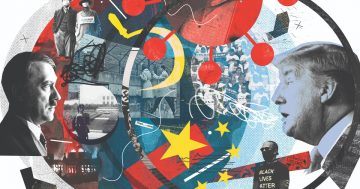 Scholars and nonscholars alike are struggling to make sense of what is happening today. The public is turning to the past — through popular podcasts, newspapers, television, trade books and documentaries — to understand the blooming buzzing confusion of the present. Historians are being called upon by their students and eager general audiences trying to come to grips with a world again made strange. But they face an obstacle. The Anglo-American history profession’s cardinal sin has been so-called “presentism,” the illicit projection of present values onto the past. In the words of the Cambridge University historian Alexandra Walsham, “presentism … remains one of the yardsticks against which we continue to define what we do as historians.”
Scholars and nonscholars alike are struggling to make sense of what is happening today. The public is turning to the past — through popular podcasts, newspapers, television, trade books and documentaries — to understand the blooming buzzing confusion of the present. Historians are being called upon by their students and eager general audiences trying to come to grips with a world again made strange. But they face an obstacle. The Anglo-American history profession’s cardinal sin has been so-called “presentism,” the illicit projection of present values onto the past. In the words of the Cambridge University historian Alexandra Walsham, “presentism … remains one of the yardsticks against which we continue to define what we do as historians.”
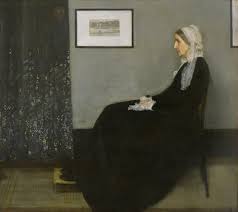 The ideal mother, as countless novelists have known, is a dead one. It’s only when she is no longer living that the mother can function as a creature fully devoted to her child. Anything less than full, obliterating devotion is troubling: If she wasn’t willing to sacrifice everything—her relationship, her sleep, her career, her bodily integrity, her life—she should never have chosen to have a child. Spend a little time wallowing in the comments section of any online article about mothers, and you’ll see this formula. Motherhood is supposed to be all-encompassing and all-transforming. Except that now women are also required to maintain their sense of self—as manifested by their relationships, their bedtime routines, their jobs, their bodies—as a sign that they love their children enough to be good role models, exemplars of having it all. So, obviously: Mom is screwed from the start. She is never devoted enough to her child, never willing to transform herself entirely into her child’s helpmeet. She is also not separable enough—too worried about letting her child go, too occupied with her child’s life to live her own.
The ideal mother, as countless novelists have known, is a dead one. It’s only when she is no longer living that the mother can function as a creature fully devoted to her child. Anything less than full, obliterating devotion is troubling: If she wasn’t willing to sacrifice everything—her relationship, her sleep, her career, her bodily integrity, her life—she should never have chosen to have a child. Spend a little time wallowing in the comments section of any online article about mothers, and you’ll see this formula. Motherhood is supposed to be all-encompassing and all-transforming. Except that now women are also required to maintain their sense of self—as manifested by their relationships, their bedtime routines, their jobs, their bodies—as a sign that they love their children enough to be good role models, exemplars of having it all. So, obviously: Mom is screwed from the start. She is never devoted enough to her child, never willing to transform herself entirely into her child’s helpmeet. She is also not separable enough—too worried about letting her child go, too occupied with her child’s life to live her own.


 Harold Newton. Untitled, 1960s.
Harold Newton. Untitled, 1960s.
 researchers, as well. Indeed,
researchers, as well. Indeed, 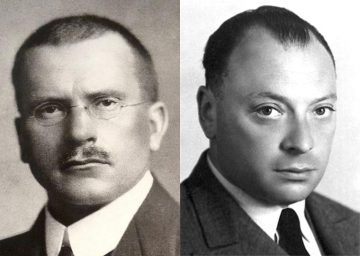
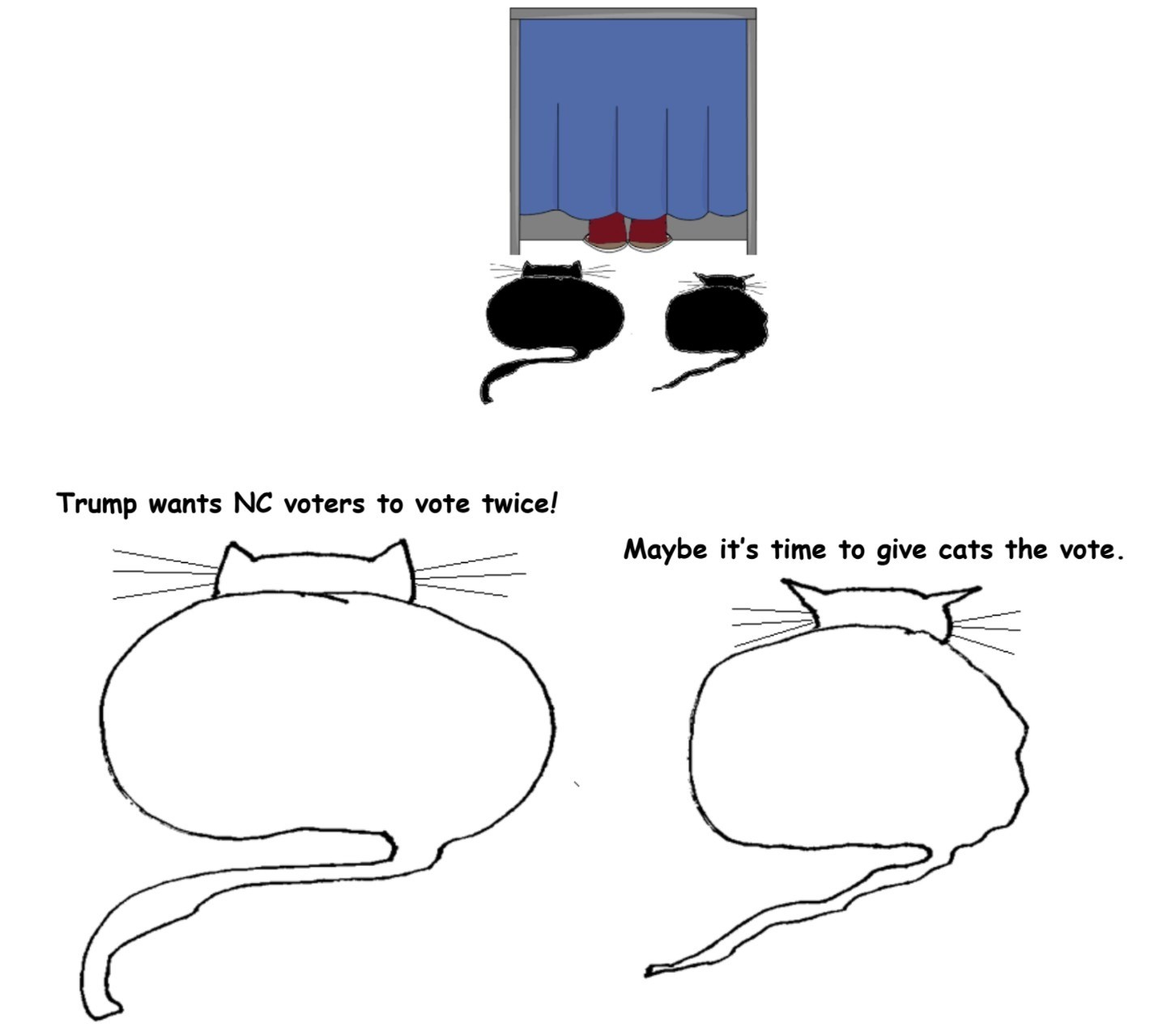

 Louise Bourgeois
Louise Bourgeois